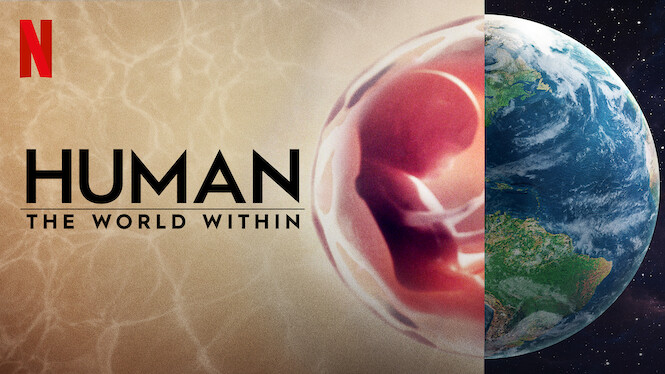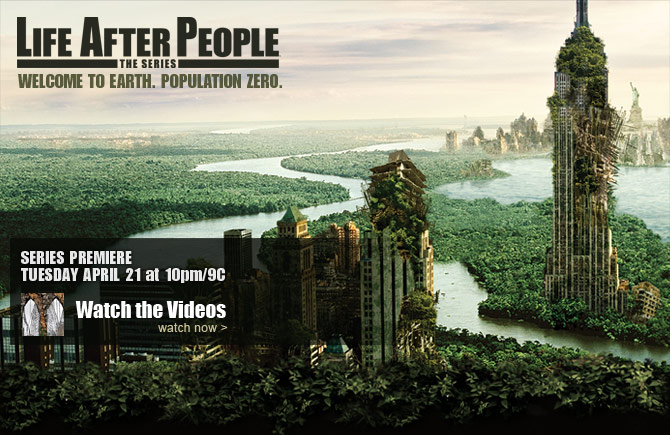

The number of future people depends on the size of the population at any point in time and how long each of them will live. We can use this fact to get a sense of how many descendants we might have in that vast future ahead. How many people will be born in the future?īut we know one thing: The future is immense, and the universe will exist for trillions of years. The houses we live in, the infrastructure we rely on, the grand achievements of architecture – much of what we see around us was built by them. The languages we speak, the food we cook, the music we enjoy, the tools we use – what we know we learned from them. It is these 109 billion people we have to thank for the civilization that we live in. The demographers estimate that in these 200,000 years about 109 billion people have lived and died. The two demographers used 200,000 years before today as this cutoff. But if one wants to count all humans one has to make a decision about when the first humans lived. There isn’t a particular moment in which humanity came into existence, as the transition from species to species is gradual. It is not possible to answer this question precisely, but demographers Toshiko Kaneda and Carl Haub have tackled the question using the historical knowledge that we do have. How many came before us? How many humans have ever lived?

Longtermism is the ethical view that we should act in ways that reduce the risks that endanger our future, and in ways that make the long-term future go well. Those who ask themselves what they can do to act responsibly towards those who will live in the future call themselves ‘longtermists’. The fact that our actions have an impact on the large number of people who will live after us should matter for how we think about our own lives. But our impact can also be positive – by developing science that allows these future generations to live healthier lives, or by building a culture that enriches their lives in the way that our history enriches our lives.Our impact can be negative – for example when we degrade the environment that future generations will inherit from us, or when we develop technologies that create risks for them.Our actions today impact those who will live in that vast future that is ahead of us. If we keep each other safe – and protect ourselves from the risks that nature and we ourselves pose – we are only at the beginning of human history. What I learned from writing this post is that our future is potentially very, very big. The point of this text is not to predict how many people will ever live.


 0 kommentar(er)
0 kommentar(er)
